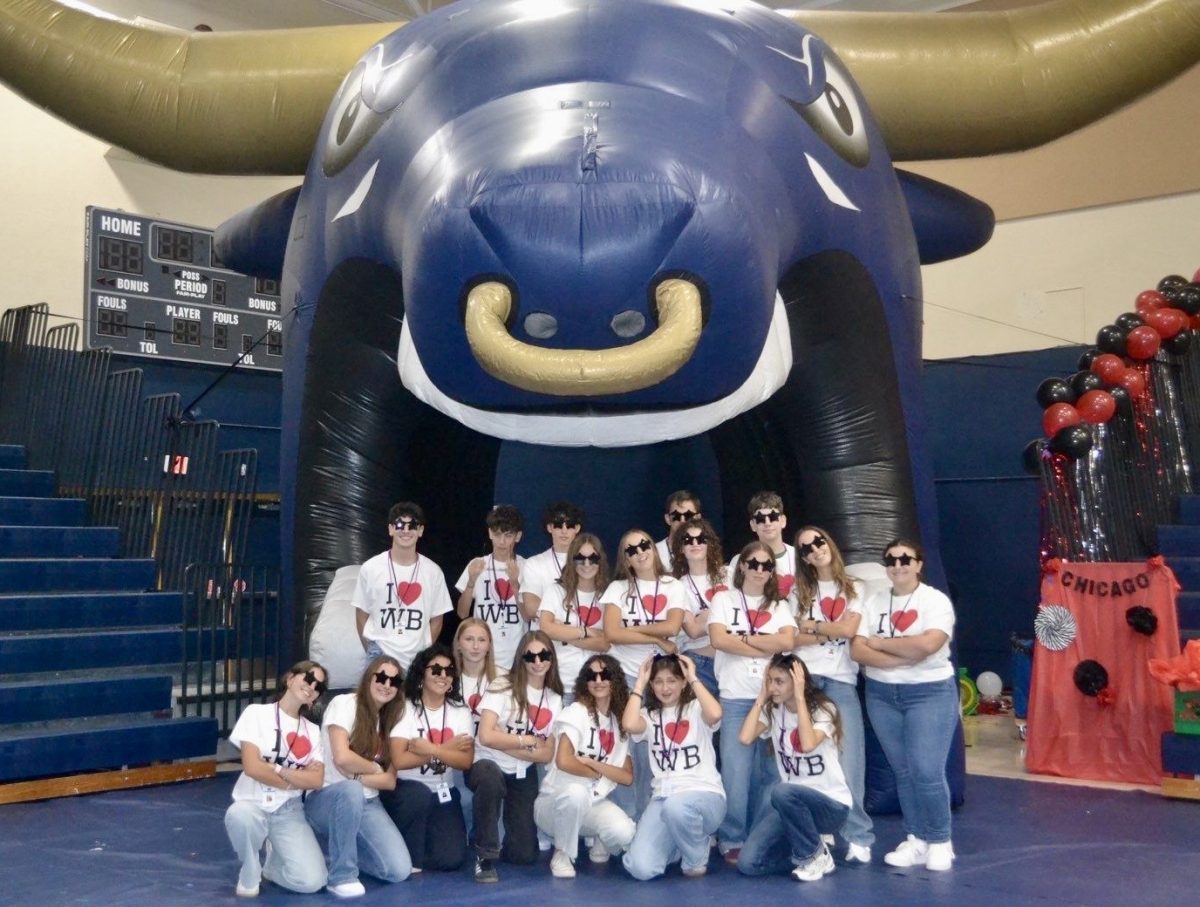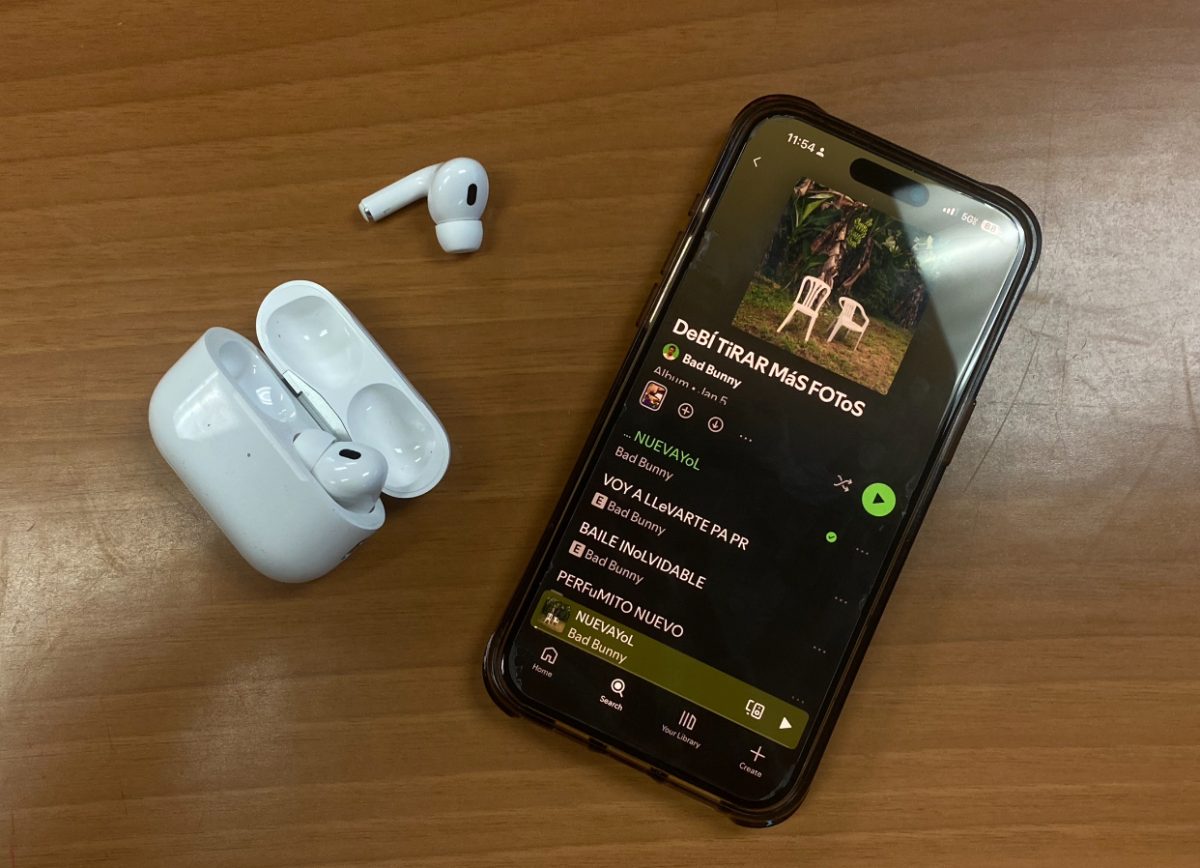Sleep on It

Millions of teens throughout the United States are losing sleep.
November 8, 2019
300 million Americans have failed to create an adequate balance of their wants, needs, and responsibilities. America’s culture of hustling to get ahead has led to one of the most damaging health crises of the last century. In an ever-complex world, it becomes increasingly harder to find the time to complete all tasks; hence the rise of the phrase, “There aren’t enough hours in the day.” Passing up on sufficient amounts of sleep to pursue extracurricular interests has become the new normal for students. The attempted balance of educational and personal goals has come at the most important of costs.
Sleeping less than the recommended 7-9 hours a night comes at devastating costs. The health ramifications of sleep deprivation are rippling throughout society. In causing overall physical and psychological damage, consistent sleep loss can destroy one’s personal well-being. Scientists’ warnings on the subject have been greatly ignored, leading one to say, “This is our generation’s cigarettes.”
Insufficient nights of sleep play major roles in nearly everyone’s life. It’s no surprise that vasts amounts of Americans have a dependency on caffeine to get through the most basic of days. The harm resulting from sleep loss is evident. A Harvard University study suggested that limiting doctors’ shift length can reduce medical errors by as much as 36%. The University also estimates that “sleep deprivation costs companies $2,280 per employee” each year. The Institute of Medicine estimates that 20% of auto accidents result from drowsy drivers, which is equivalent to 8,000 deaths a year. After just a few nights of lost sleep, one can have a heightened stress response, pain, depression, anxiety, and cognitive and performance deficits resulting from a lack of sleep. The short term safety, economic, and mental health costs of sleep deprivation are extensive.
While the short term effects can lead to long term consequences, the real damage of sleep deprivation is done to those who live a sleep deprived lifestyle. According to Harvard University, “obesity, diabetes, cardiovascular disease, and even early mortality” can occur from sleep deprivation. In addition, a host of scholarly studies have found that long term sleep deprivation has a significant relation to diseases such as Alzheimers and Dementia. These concerns have been mostly ignored by the public as people attempt to complete their dense schedules.
A recent California law now requires schools across the state to start at 8:30 am at the earliest. This will allow kids to get a better night of sleep. An exception was also made that allows schools to host optional classes earlier so kids with jobs and other extracurricular activities can leave school earlier. This law will benefit the health of many students who cannot fall asleep at earlier hours and may lead to a nationwide trend.
The constant fight to get ahead has pushed society behind. Students throughout the country are indirectly battling against one another, leading to kids being more stressed than ever. While work is showered down upon them, kids continue the fight to do their best. They battle for their grades, test scores, and college acceptance, therefore elucidating the impression that the value of the sleepless grind outweighs the health ramifications. One may ultimately claim victory, but at what cost? Sleep deprivation among younger generations is rampant and must be keyed in on by everyone in their personal health care.












































